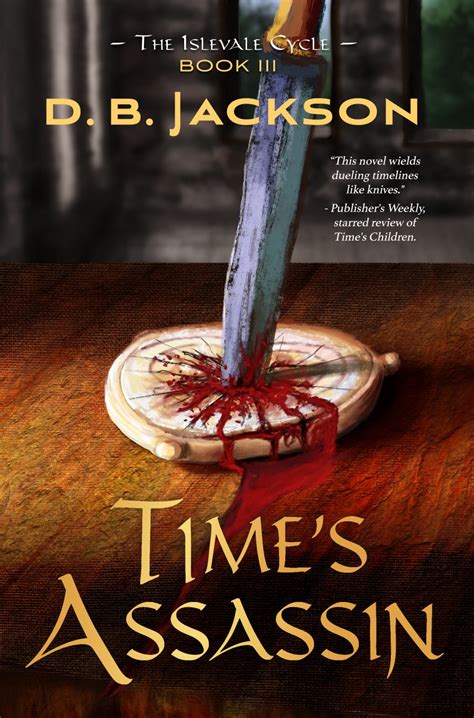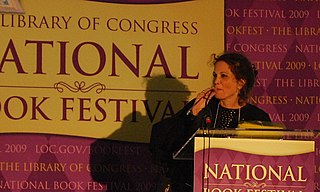A Quote by W. S. Di Piero
When I came into consciousness as a writer when I was in my early 20s, I just assumed that a writer did - a poet writer did everything all at once. I would write poetry, and while writing poetry I would also write work in the world - if I could get into the world.
Related Quotes
I'm not the most talented writer in the world. I know that. But I also know that I'm disciplined, that I work my butt off, and that I make myself write as much as I can. Writer's block is a luxury I can't afford. I'm a professional writer, which means that I put my butt in the chair each day, and I write. Simple as that.
I did not always know I would be a writer. Until I had a room of my own, I did not write much at all - no more than any other child who read a lot of books. I began to write fiction and poetry when I first had a room that was truly my own with a door that shut and some measure, however fragile, of privacy.
What the world wants, what the world is waiting for, is not Modern Poetry or Classical Poetry or Neo-Classical Poetry - but Good Poetry. And the dreadful disreputable doubt, which stirs in my own skeptical mind, is doubt about whether it would really matter much what style a poet chose to write in, in any period, as long as he wrote Good poetry.
I liked to write from the time I was about 12 or 13. I loved to read. And since I only spoke to my brother, I would write down my thoughts. And I think I wrote some of the worst poetry west of the Rockies. But by the time I was in my 20s, I found myself writing little essays and more poetry - writing at writing.
If you want to be a writer, all you need is a piece of paper and a pencil, and I had a manual typewriter. It doesn't cost money to write. It costs money to make art. So I would just write. I would hand out stories in the classes in high school. And the teacher would say, "Whatever you do, don't become a writer."
Productivity is a relative matter. And it's really insignificant: What is ultimately important is a writer's strongest books. It may be the case that we all must write many books in order to achieve a few lasting ones - just as a young writer or poet might have to write hundreds of poems before writing his first significant one.
My cure for writer's block is to step away from the thing I'm stuck on, usually a novel, and write something totally different. Besides fiction, I write poetry, screenplays, essays and journalism. It's usually not the writing itself that I'm stuck on, but thing I'm trying to write. So I often have four or five things going at once.
It's not possible to advise a young writer because every young writer is so different. You might say, "Read," but a writer can read too much and be paralyzed. Or, "Don't read, don't think, just write," and the result could be a mountain of drivel. If you're going to be a writer you'll probably take a lot of wrong turns and then one day just end up writing something you have to write, then getting it better and better just because you want it to be better, and even when you get old and think, "There must be something else people do," you won't be able to quit.
As a young writer, I was on guard against the Latina in me, the Spanish in me because as far as I could see the models that were presented to me did not include my world. In fact, 'I was told by one teacher in college that one could only write poetry in the language in which one first said Mother. That left me out of American literature, for sure.
Many a young person tells me he wants to be a writer. I always encourage such people, but I also explain that there's a big difference between being a writer and writing. In most cases these individuals are dreaming of wealth and fame, not the long hours alone at the typewriter. You've got to want to write, I say to them, not want to be a writer. The reality is that writing is a lonely, private and poor-paying affair. For every writer kissed by fortune, there are thousands more whose longing is never requited. Even those who succeed often know long periods of neglect and poverty. I did.
No one can teach writing, but classes may stimulate the urge to write. If you are born a writer, you will inevitably and helplessly write. A born writer has self-knowledge. Read, read, read. And if you are a fiction writer, don't confine yourself to reading fiction. Every writer is first a wide reader.
No one can teach writing, but classes may stimulate the urge to write. If you are born a writer, you will inevitably and helplessly write. A born writer has self-knowledge. Read, read, read. And if you are a fiction writer, dont confine yourself to reading fiction. Every writer is first a wide reader.





































